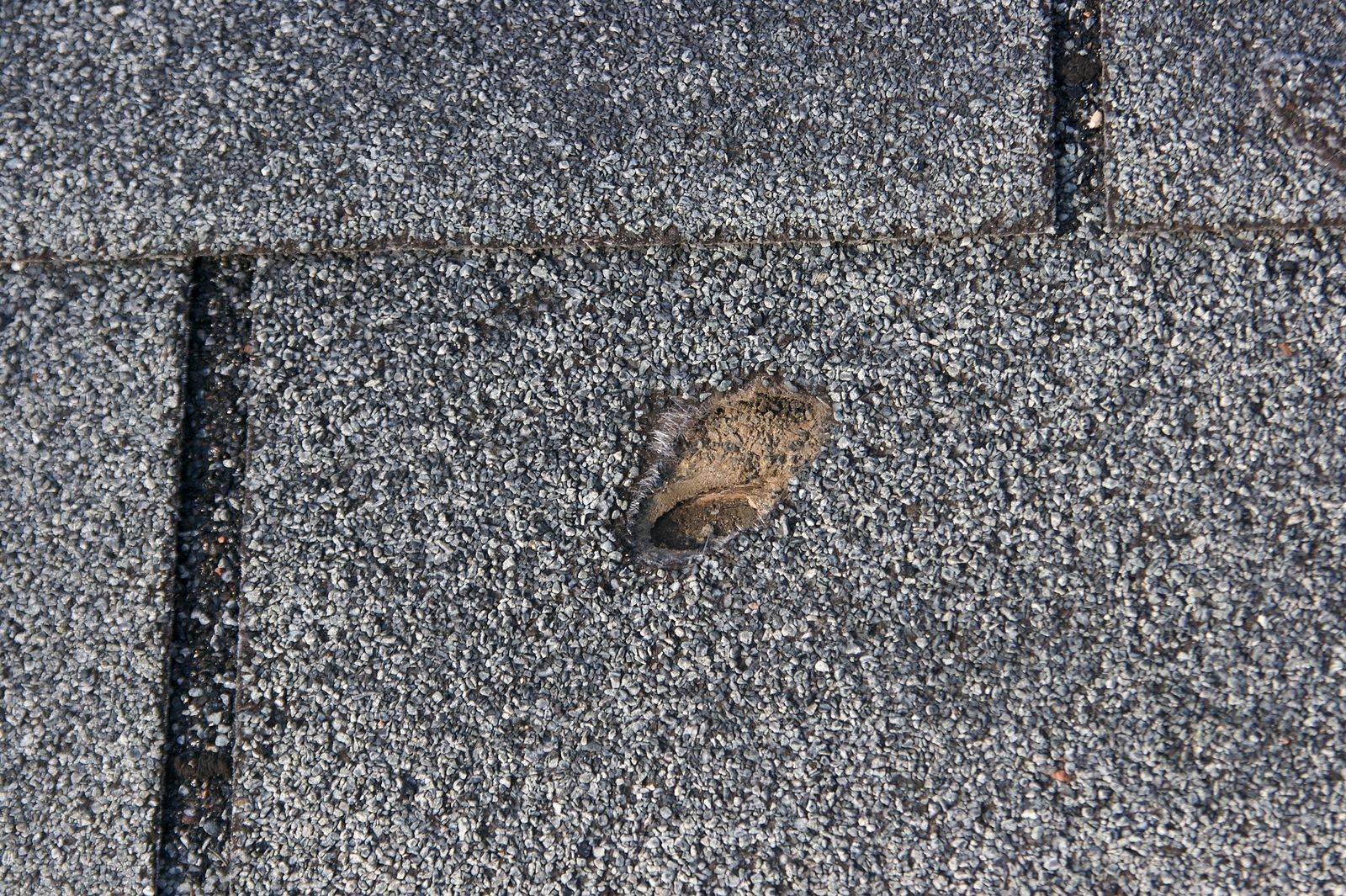Should You Get Roofing Services for Roof Blistering?
Posted by: Brunwin Professional Roofing Services Ltd
Date Posted: Jul. 4, 2017
Roof blistering is common, especially on low slope roofs, but it's not always a cause for concern. One frequent argument about roof blisters, then, is whether to repair them or not.

You may be facing a similar problem with your home. An inspection reveals that your roof has blisters and you wonder what the best approach is to the situating. Blisters that are still intact can survive a while, but they can become a problem once they pop. Leaving an open blister without proper repairs can increase the rate of damage to your roof.
A roofing contractor can patch up blisters during maintenance and add life to your roof. Homeowners should, however, understand what causes blisters, so they know when to call the professionals.
Why Blisters Form on Roofs
Asphalt shingles are most susceptible to blistering, and one cause of the phenomenon is moisture. A shingle that has moisture trapped inside will most likely blister. What happens is that when it gets hot, the shingle expands, causing the moisture to rise as vapour.
Heat is also a problem in poorly ventilated shingles. The initial construction may not have left sufficient room for the shingles to breathe, which causes them to blister due to the excess heat. Membrane systems are also prone to blistering because of the voids present between the plies.
The Need for Repairs
Blisters that form in high traffic places have a great chance of opening. As long as a blister remains closed, the granules in the shingle stay in place. When it pops, it dislodges the granules, and that leaves the shingle exposed to the elements. Over a prolonged period, the naked shingle continues to weather, which can result in leaking and future roof damage.
In such an instance, a roofing expert can decide to remove the diseased shingle or patch up the blister. Other characteristics of a blister that may drive the decision to repair are membrane deterioration or too much loss of gravel. Blisters with fatigue cracking and breaks will also demand repairs. If your home is in a heavily treed compound, then it may be better to fix roof blistering in advance. Falling debris can cause blisters to open up very quickly.
Ignoring blisters on your roof may turn out to be a costly judgment call. When a roof inspection reports blistering, find a roofing contractor to provide the necessary maintenance before the situation aggravates. A qualified roofing contractor can also tell if you are dealing with roof blistering or hail storm damage because the two are always difficult to distinguish. Whatever the results, get advice about the best solution to lengthen the lifespan of your roof.
Sources:
Blisters: To Repair or Not to Repair, roofingcontractor.com
Why Do Shingles Blister?, roofpedia.com
